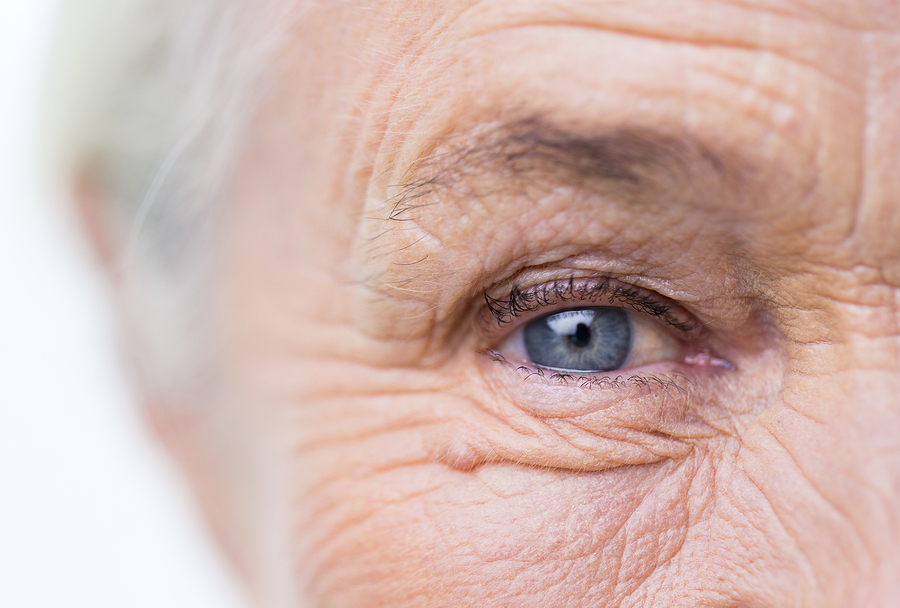Other research has shown that intake of the carotenoids, lutein and zeaxanthin, is linked to a reduced risk for macular degeneration. A recent cohort study, appearing in JAMA Opthalmology (2015 Dec;133(12):1415-24. doi: 10.1001/jamaophthalmol.2015.3590) looked at the relationship between the intake of carotenoids and macular degeneration. Cohort studies are observational – the researchers simply observe what happens, without applying any intervention themselves. This particular study looked at subjects (or cohorts) from the Nurses’ Health Study and the Health Professionals Follow-up Study. It followed 63,443 women and 38,603 men from 1984 until 2010. All participants were 50 or older and free of macular degeneration, diabetes, cancer or cardiovascular disease at the start of the study. Food intake questionnaires, taken at the beginning of the study and repeated throughout, were used to assess carotenoid intake.
There were 2479 cases of macular degeneration (AMD); 1361intermediate and 1118 advanced cases. When comparing the extreme quintiles (1/5 of the subjects consuming the most carotenoids and the 1/5 of the subjects consuming the least amount of carotenoids), the researchers found the risk reduction of advanced AMD to be 40% lower in the group consuming the most carotenoids compared to the group consuming the least amount of carotenoids.






